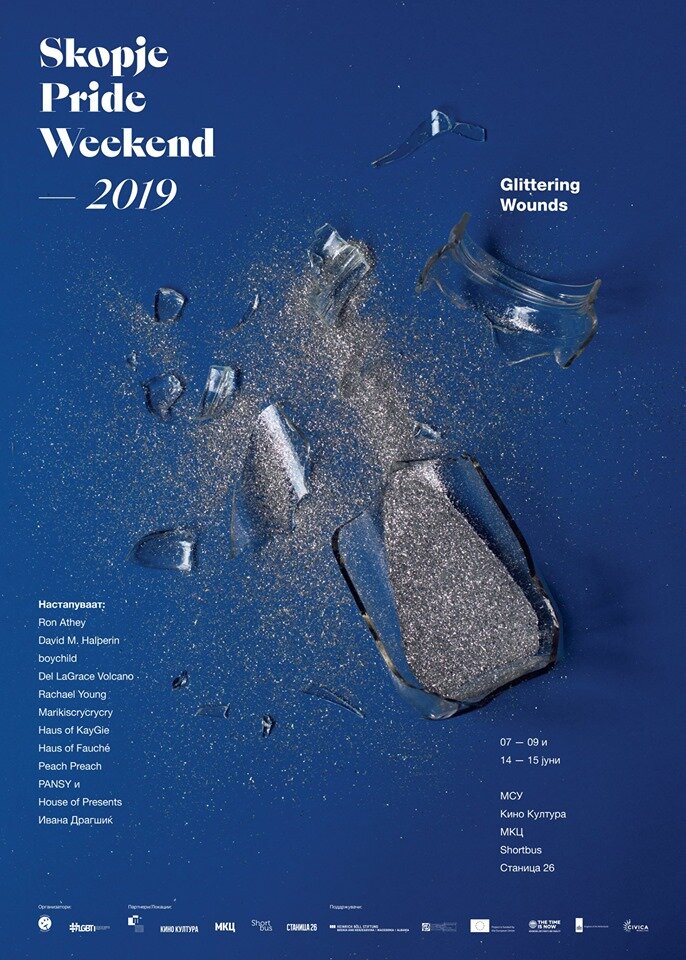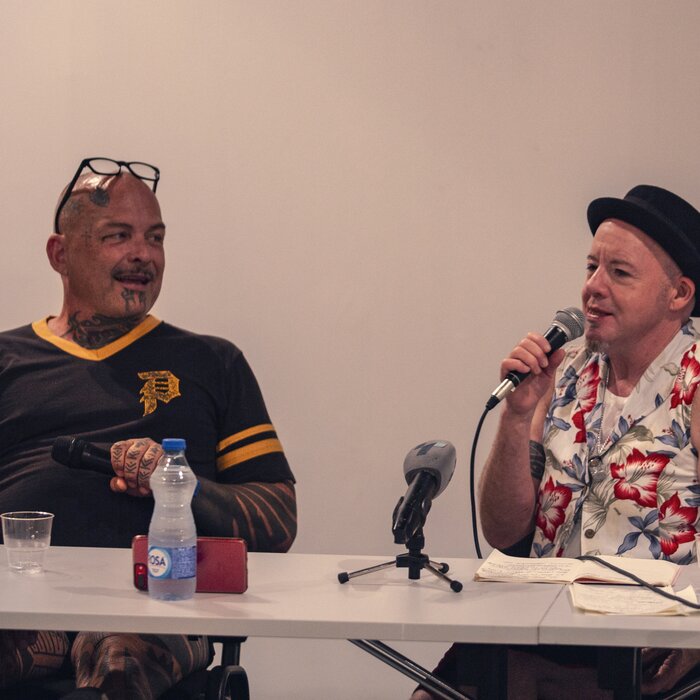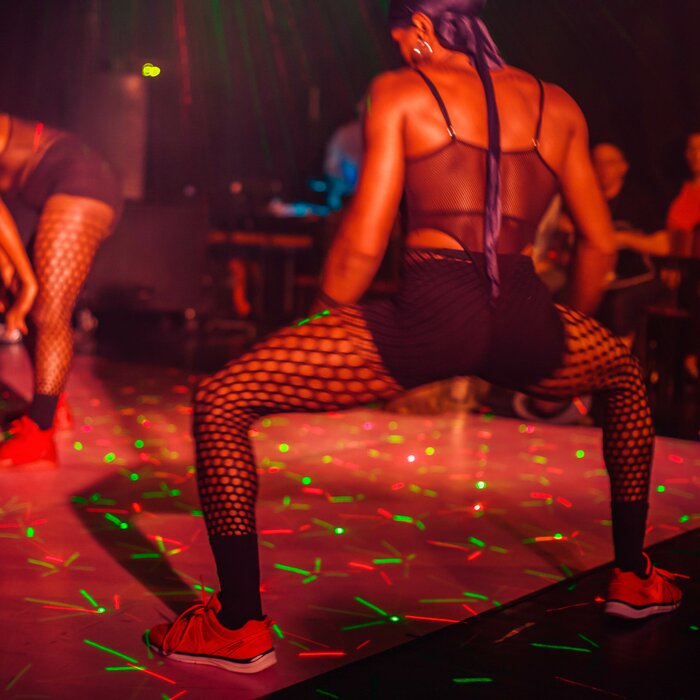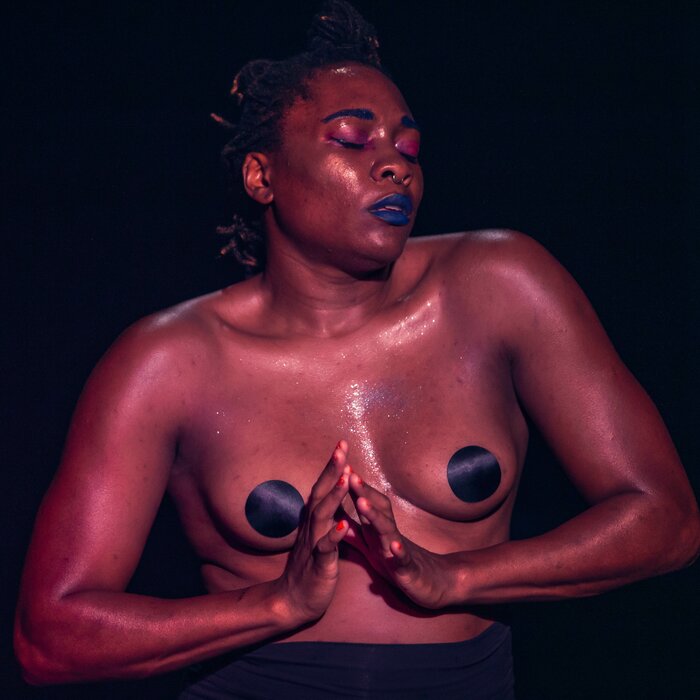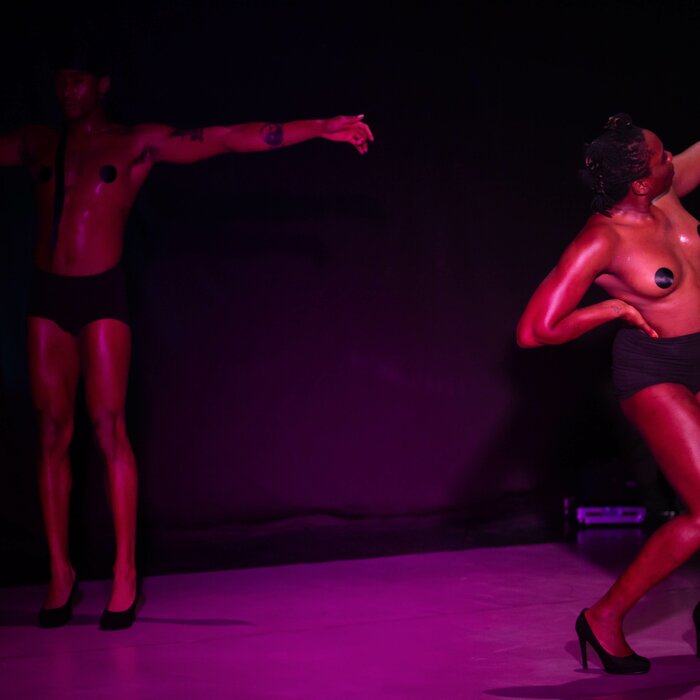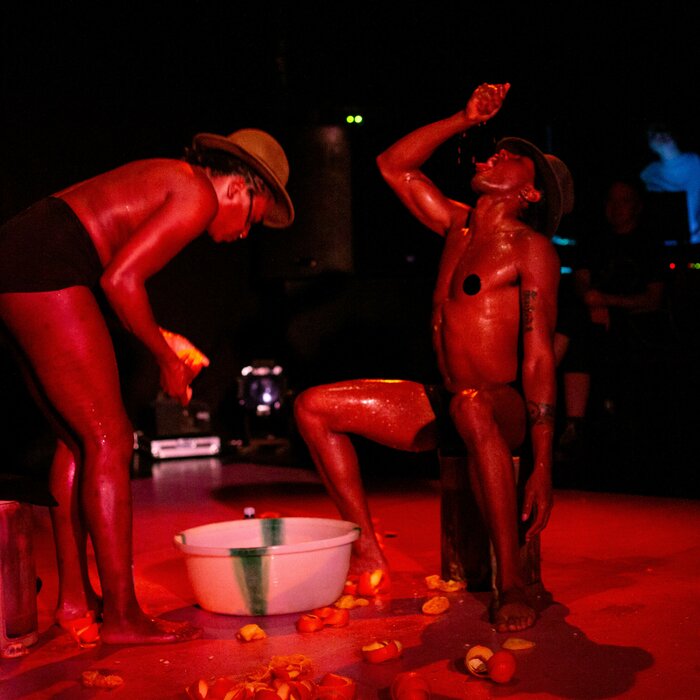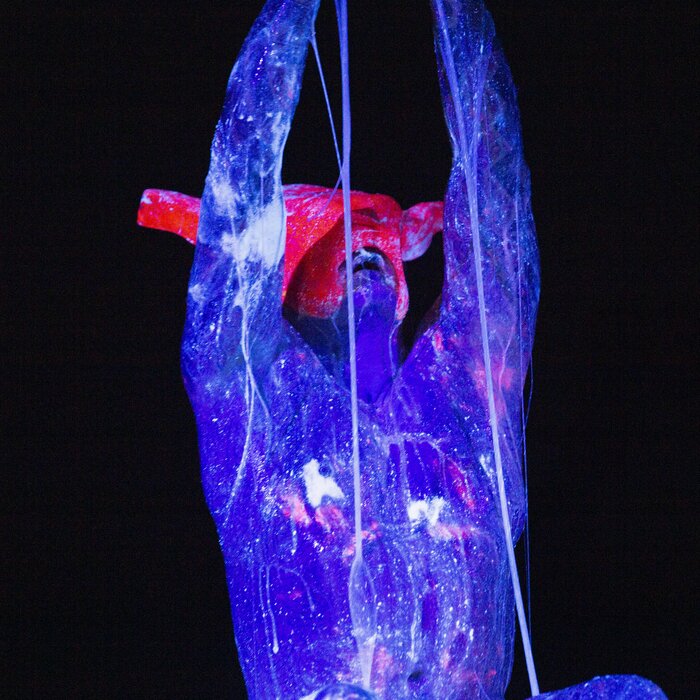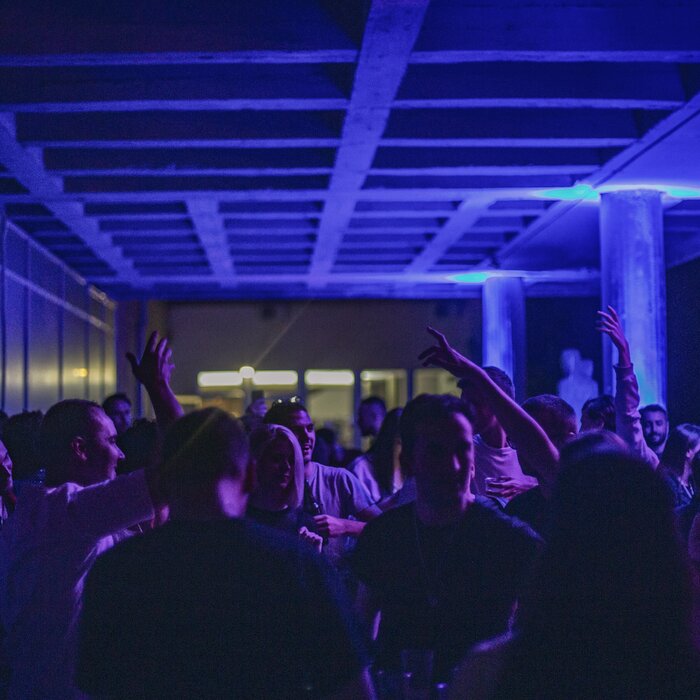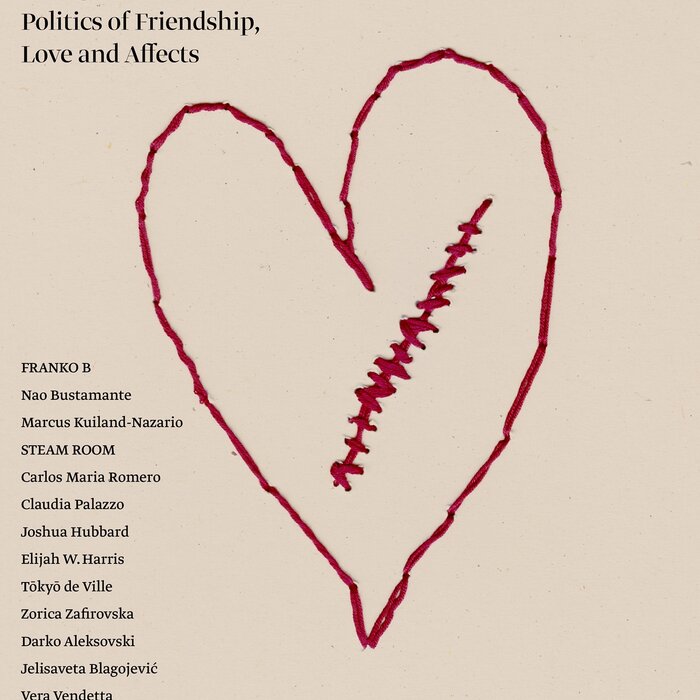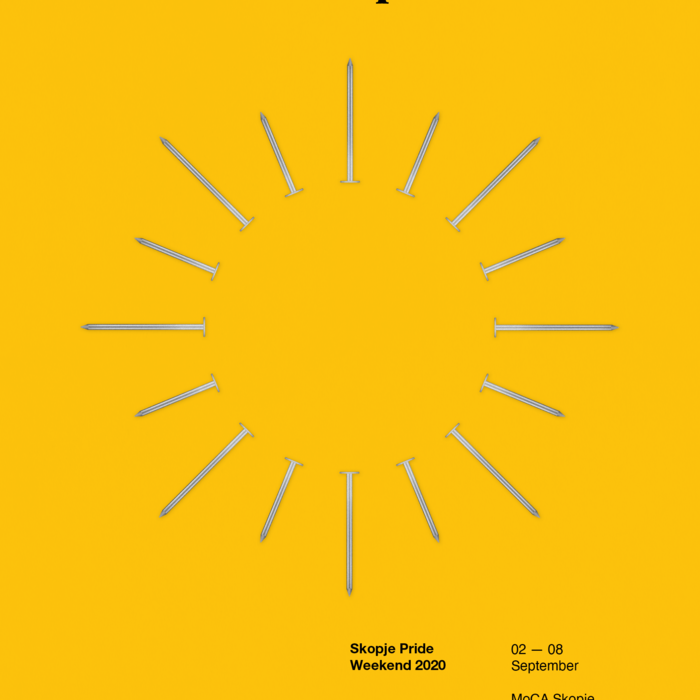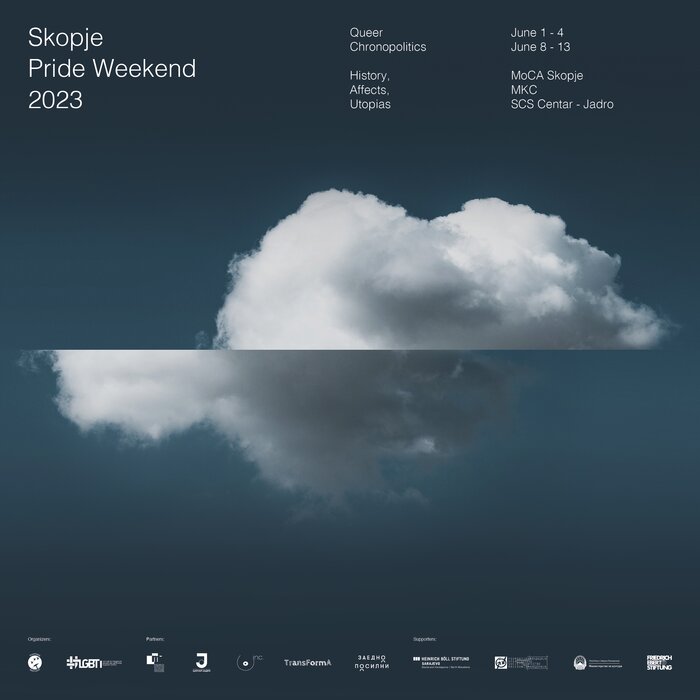The overall goal of the Skopje Pride Weekend is to promote and create spaces for sexual and gender non-normative cultures, forms of world-building, socialities, intimacies, identities and desires, and thus foster recognition and equality of sexual and gender minorities in North Macedonia by increasing their visibility, and mobilize the LGBTI community in the struggles for their rights and visibility.
The format and the programme of the Skopje Pride Weekend is based on the presumption that intersectionality is the crucial paradigm by the means of which all identity positions are constructed and performed, including the gender and sexual identities. Queerness, as the foundational premise of the festival, signifies a way of life, art of the stylization of one’s own and collective life, a political tool and attitude that resists the dominant models of power/knowledge that orchestrate and regulate some sexual and gender identities as “normal,” while others as “queer.” The programme’s focus of the Skopje Pride Weekend is set on cultural and arts performing practices, as well as gender, sexuality and queer theory’s knowledge productions and critique. This choice is made on the grounds of the festival’s commitment to the idea that the “aesthetic” is deeply engrained in the corporeal experience, and as such lies in the base of the social, cultural and political experience. Hence, if the political ideology and hegemonic cultural models instill their orders on the citizens’ bodies and shape their emotional orientations and sensibilities (the aesthetic domain), the body and the affective and emotional relations become the crucial site for thinking and creating resistance and alternative life forms. The performing arts and body arts practices mobilize exactly these tensions of power inscribed in our bodies, and subversively redirect them in alternative and non-normative directions. The body, in the critical feminist and queer performative practices is the battleground whereby power relations are actualized and contested. Transdisciplinarity is the other program orientation of the Festival, and through it is established a dialogue between different social sciences and humanities disciplines, cultural and artistic practices, and political and public discourses, as well as to promote gender and queer theory discourses in our context, as a new methodological frameworks for the reception of art, and a critical interpretation of political reality.
The specific goal of the 2019 edition of the festival, Glittering Wounds, is twofold. One the one hand we want to explore and problematize the contemporary hegemonic political imaginations, practices and subjectivities of the isolated, possessive, decisionist, privatized, rationalist and self-sufficient individual, and their entanglement and constitutive dependency on normative frames and representations of gender, sexuality and neoliberal capitalist ideologies. On the other hand, our goal is to explore, present and promote the various non-hegemonic world-building projects and historical, social and political lived experiences of queer people and women, as sources for imagining alternative social and democratic horizons based on relationality, solidarity, care and transformation beyond the normative limits of identitarian recognizeability.
We come to this theme by considering the history of queer life, as the history of tears. A queer history is the history of loss. The history of shame, exclusion, discrimination, homophobia, grief, suffering, pain, depression, melancholia, fear, regret, loneliness and death is a history of loss. It is written in the name (queer). What is designated when referring to a history of loss is the bodily exposure and the deprivation of one’s utmost being which is nothing more than relation. The history of loss is the history of relations suppressed and erased from history. What is signified as loss is also the loss of equal access to relations to one’s body, of a body with the world it shares and is-in, of a body with the entire spectrum of cultural significations, commodities and products of human labor. The loss is the loss of the possibility of entering relations and participation in the shared and common world. What these losses expose is the exploitation and the violence of the bodily exposure we all are. They expose how one’s bodily openness has been impinged on by the environment it dwells in. There would thus be no gay identity without this primary abjection and negative action of power. Identity is the retrospective recuperation of the bodily and psychic damages and opportunities reflecting the price of social inclusion or exclusion. Identity is the sign of a failed or realized relation being sterilized in the frames of recognizeability. Identity would thus not be the expression of one’s true self and essence, but rather the image of relational traces, a genealogy of the contacts, encounters and touches and constraints with other bodies.
And yet, there is another meaning oscillating in the queer existence, written in its name, and set on the margins of its history. Queer signifies the reverse of the conditions of suffering and shame, the proud reevaluations of the negative prerogatives ascribed with discourses and practices of homophobia and violence, and the political reappropriation of these hegemonic discursive fields for the purposes of struggle, resistance and radical resignification and reinstitution of normative horizons. The structural position homosexuality occupies in the current organization of knowledge and power deprives him from the privileged modes of relational systems, and forces homosexuals to find out, to innovate new modes of meetings, forming relationships, intensifying bodily zones, involving surprising ruptures of pleasure, organizing encounters in lines which are still not sterilized in the power relations they imply and roles and models that characterize conventional heterosexual and gender relations.
It is precisely these historically, socially and politically conditioned experiences of queer people that we want to thematizes and bring forth as sources for inventing new political inventories and forms of subjectivity and care.
OUR WOUNDS GLITTER GLAMOROUSLY, LIKE A DRAG SHOW ATMOSPHERE, LIKE AN ELECTRIC DISCHARGE WHEN TOUCHING (SEEMINGLY) INSUPERABLE DISTANCES, LIKE RESISTANCE LIGHTNING!
